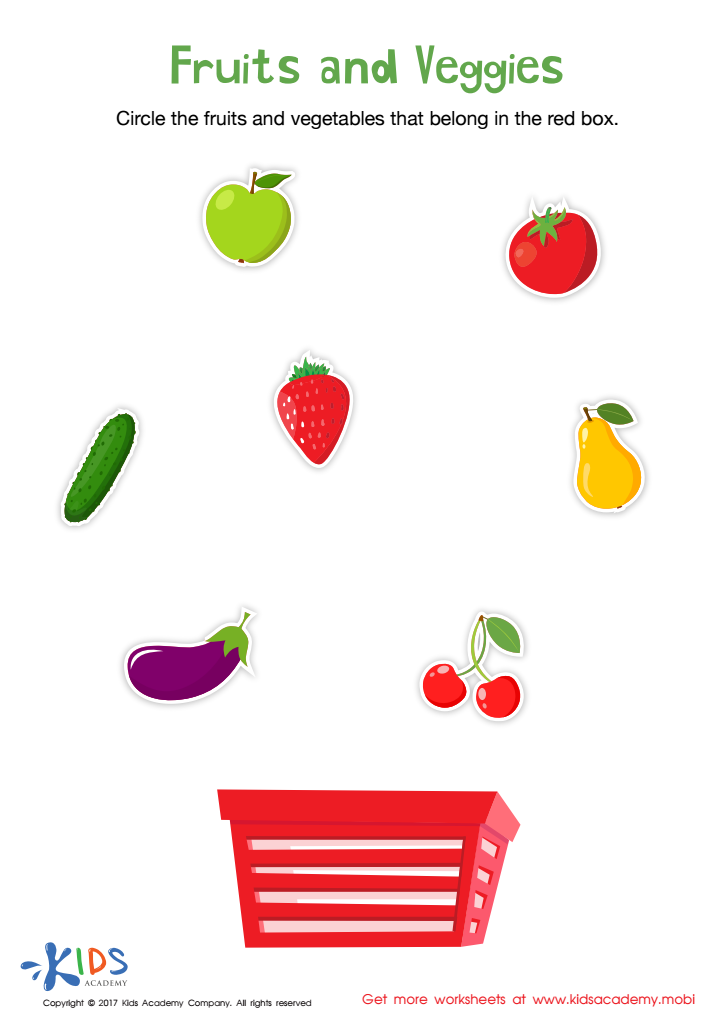Vocabulary Building Normal Math Worksheets for Ages 5-6
6 filtered results
-
From - To
Unlock your child's potential with our Vocabulary Building Normal Math Worksheets designed for ages 5-6! These engaging, printable worksheets seamlessly combine essential math skills with vocabulary enhancement, ensuring a holistic learning experience. As children answer math problems and contextual questions, they expand their word knowledge while reinforcing fundamental math concepts. Perfect for early learners, these worksheets use vivid illustrations and relatable scenarios to make learning enjoyable and interactive. Foster a love for both math and language as your child develops critical thinking and problem-solving skills. Explore our collection today and give your child the tools they need for academic success!
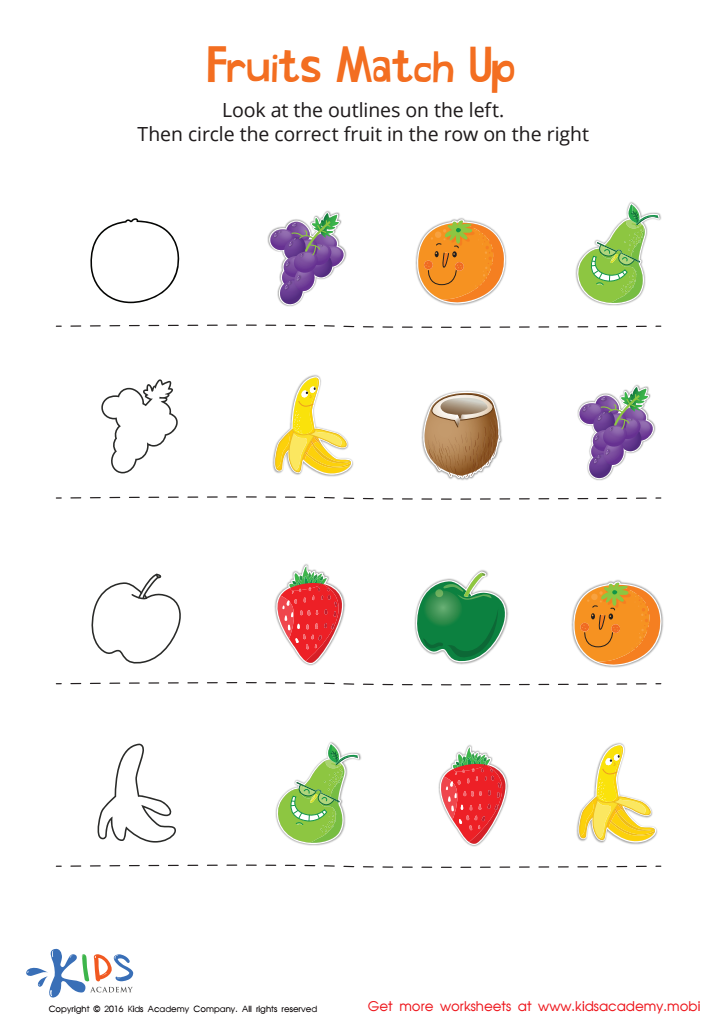

Fruits Match Up Worksheet


Matching: Classifying Toys by Size Worksheet
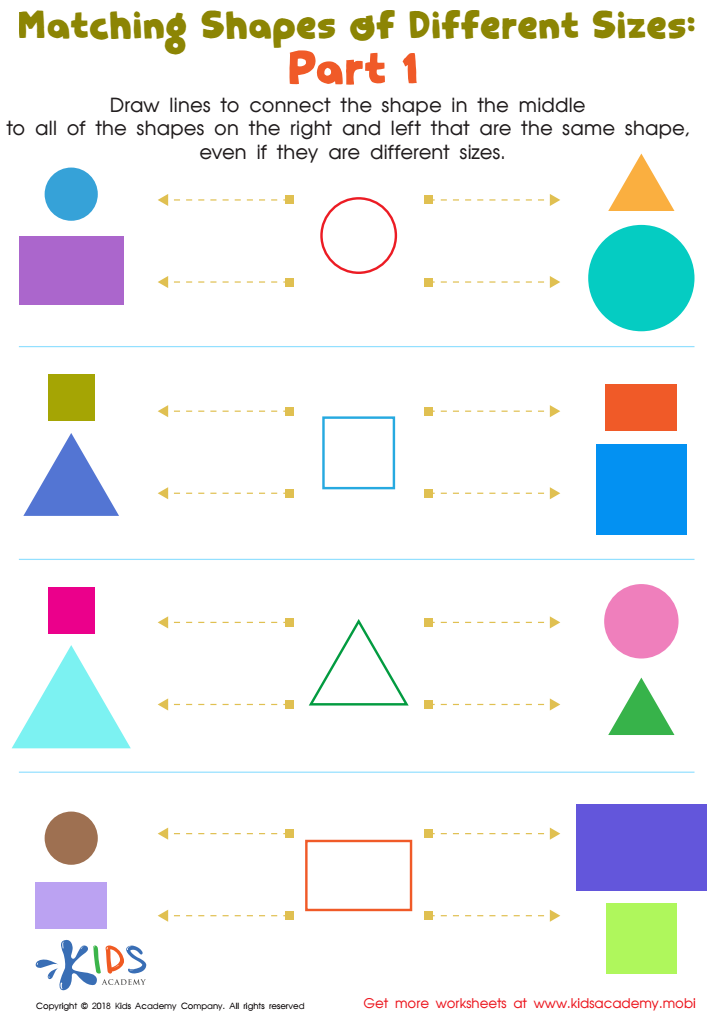

Geometry: part 1 Worksheet
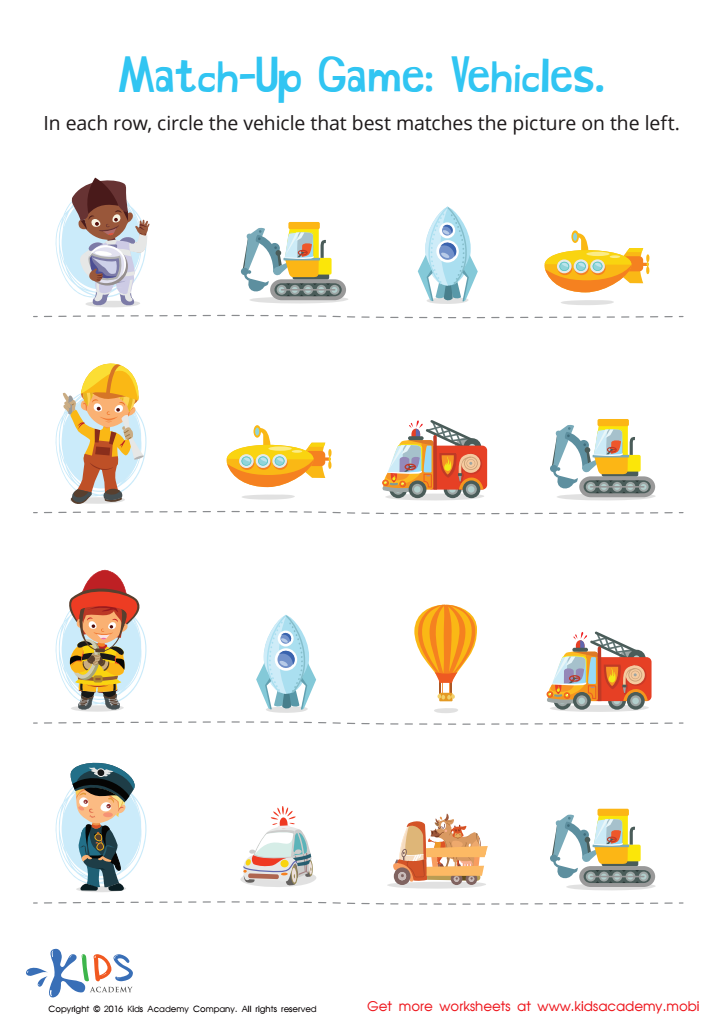

Vehicles Worksheet
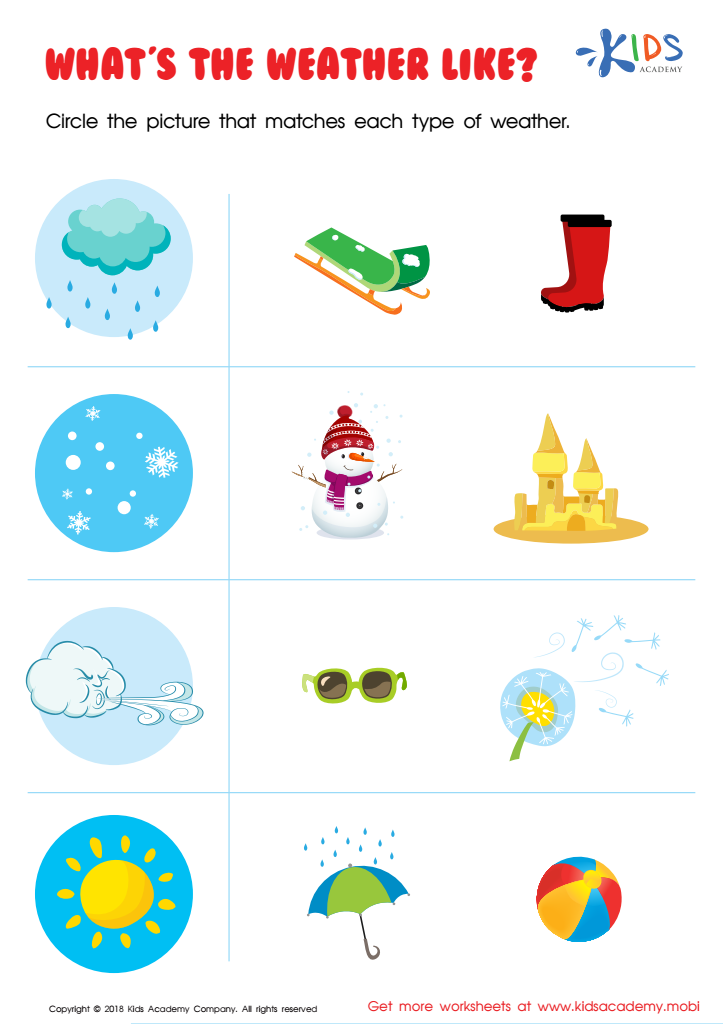

What's the Weather Like? Worksheet
Vocabulary building and foundational math skills for ages 5-6 are crucial aspects of early childhood education that parents and teachers should prioritize. At this developmental stage, children are like sponges, eagerly absorbing language and concepts. A rich vocabulary enhances their ability to communicate, understand, and engage with the world around them. It boosts literacy skills and prepares them for reading, which is integral for their academic future.
Conversely, normal math skills introduce children to essential concepts such as counting, number recognition, and basic operations. These skills foster logical thinking, problem-solving abilities, and spatial awareness. Understanding these mathematical fundamentals lays the groundwork for more complex concepts later in their education.
Research shows a strong correlation between vocabulary knowledge and mathematical understanding. When children articulate their mathematical thinking, they enhance their cognitive skills. Therefore, integrating vocabulary building with math can create a holistic approach to education.
Parents and teachers should invest time in creating rich, engaging activities that promote both vocabulary and math skills, such as storytelling with numbers, games that involve counting, and enriching conversations. This dual focus not only nurtures well-rounded, confident learners but also fosters a lifelong love for learning.

 Assign to My Students
Assign to My Students
